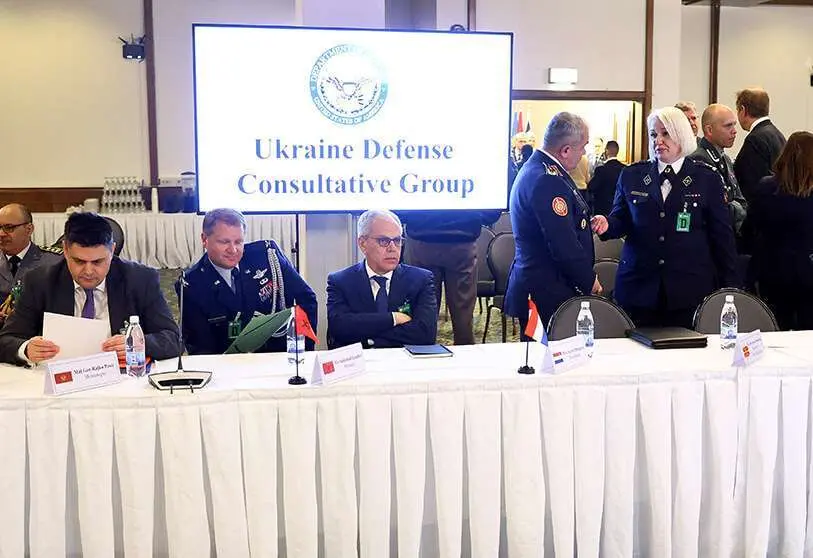Morocco abandons its neutrality in the Ukrainian war and aligns itself with the US

Morocco's Royal Court has taken an unexpected turn in its foreign policy by aligning itself decisively with the United States and NATO in the de facto war with Russia, following Moscow's military intervention in Ukraine and the border region of the Black Sea.
Until now, the Kingdom of Morocco had maintained a position of neutrality and a balance that has finally unravelled. On 2 March, 24 March and 7 April, Morocco absented itself from the UN General Assembly where resolutions condemning Russian military intervention in Ukraine were being voted on. The Moroccan Foreign Ministry tried to justify the Alawite kingdom's neutral position by reaffirming in a communiqué that the country remained faithful to 'respect for the territorial integrity, sovereignty and national unity of all UN member states' - a platitude that did not convince Washington.
Morocco's attempt to maintain a foreign policy independent of the major powers at a time when the international crisis has deepened to the point of threatening the possibility of a global conflagration of alarming proportions has not been far-reaching. The White House has actively and passively made it known to its "major strategic ally", the Kingdom of Morocco, that it should take a clear position on the conflict.
The pressure exerted by the United States had an effect, and Morocco participated alongside the 40 US allies, all NATO members plus other invited guests such as Australia, Sweden, Finland, Tunisia and Qatar, in the meeting held at the US base in Ramstein, Germany. The aim of the meeting was precise: to increase military aid to Volodimir Zelenski's government. Perhaps the most spectacular result has been the German government's decision to send Gepard tanks to the Kiev regime, which, according to a Spanish geo-strategic analyst, represents "an escalation of unsuspected consequences".
Morocco's political turnaround is likely to have internal and external consequences, both in the Maghreb region and on the African continent. Rabat is an important customer for Russian exports, especially cereals, machinery, cosmetics, foodstuffs, commercial vehicles and hydrocarbon derivatives. In turn, Morocco has exported agricultural foodstuffs and seafood products, as well as chemicals and fertilisers. The overall trade balance has reached $1.6 billion, making the Alawi kingdom Russia's main trading partner on the African continent.
This situation could change for several reasons. First, Russia has asked its international customers to pay for the goods they import in roubles. Moscow and Rabat had implied that bartering could be used; something that is now in question. Secondly, Morocco's alignment with the position of the United States, which has declared that 'it is necessary to defeat Russia militarily, so that the Eurasian country does not constitute a danger to other countries', places the Kingdom of Mohammed VI in a delicate position vis-à-vis the Kremlin, which in turn could react negatively within the UN Security Council on the issue of Western Sahara. It is true that Rabat has waited until the end of the Council meeting devoted to this conflict with the report of special envoy Staffan de Mistura before taking an open position on the conflict in Ukraine. However, Moroccan experts point out that the crisis in Western Sahara has not yet been resolved and that Russia has several cards up its sleeve that it could use to block the implementation of the autonomy solution proposed by King Mohammed VI in 2007, and recently accepted by Pedro Sánchez's government as 'the only realistic and possible' way to definitively resolve the conflict in the old Spanish colony in Africa.


